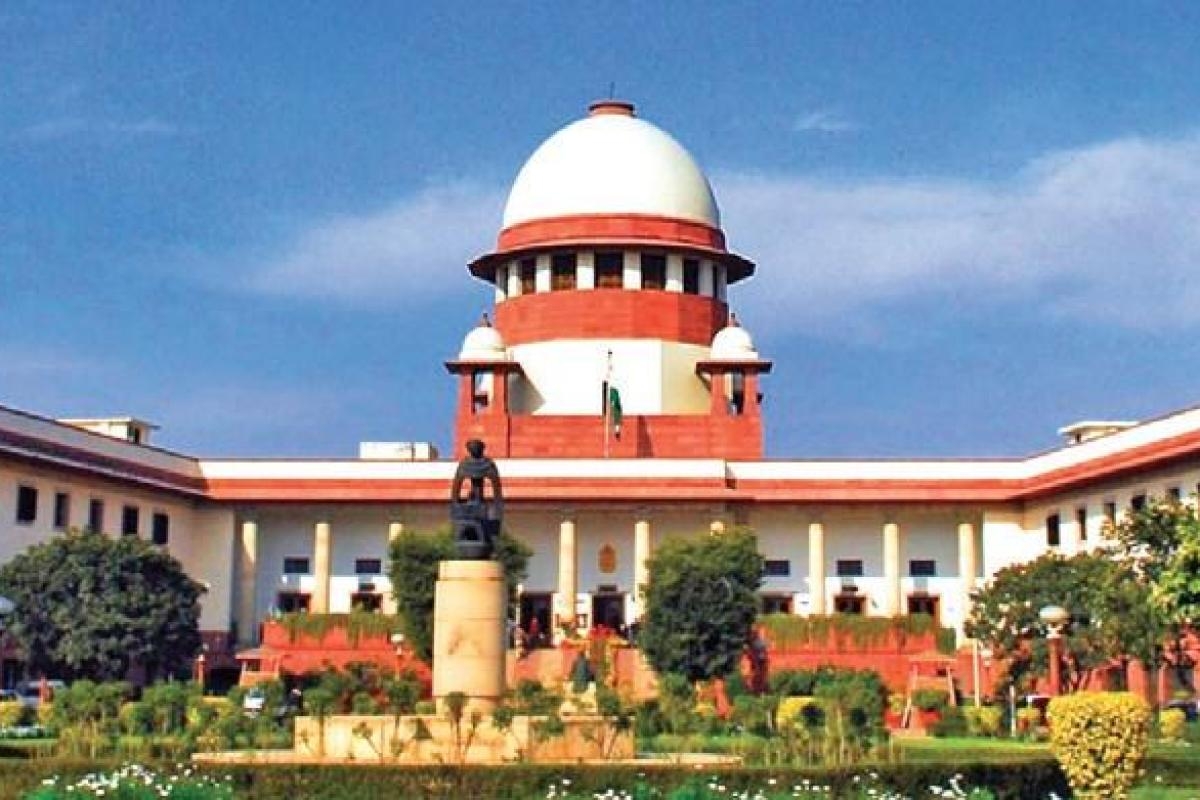India’s Got Latent: SC issues notice on YouTuber Ashish Chanchlani’s plea against FIRs
SC issues notice on YouTuber Ashish Chanchlani’s plea to quash or transfer FIR in India’s Got Latent case; tagged with Ranveer Allahabadia’s petition.
Senior advocate Arvind Datar mentioned the matter before a bench headed by Justice DY Chandrachud.

Supreme Court of India. (Photo Courtesy: Twitter)
The Supreme Court on Monday told the Centre to put on hold counselling for NEET-PG until it decides the validity of OBC and EWS reservation in All India Quota (AIQ).
The Centre’s counsel submitted that counselling will not commence till the top court decides the case on reservation for EWS-OBC quota in the All India Quota Medical Seats.
Advertisement
Senior advocate Arvind Datar mentioned the matter before a bench headed by Justice DY Chandrachud.
Advertisement
Datar submitted that the counselling schedule has been announced — from October 24 and it will be concluded on October 29 — and sought the court’s intervention in the matter stating that the process will be completed during the pendency of the matter before the court.
The apex court had questioned the Centre on the rationale behind fixing Rs 8 lakh as annual income criteria for EWS. Following Datar’s submissions, the bench directed the Centre not to go ahead with the counselling process until it decides the matter. The bench is slated to hear the matter on October 28.
On October 21, the top court had questioned the Centre over adopting the criteria of the OBC creamy layer of Rs 8 lakh annual income for granting reservations under the economic weaker section (EWS), despite the latter not suffering from social and educational backwardness.
The court told Centre’s counsel, “You just cannot pull out eight lakh from thin air. You are making unequal equal by applying the Rs eight lakh limit”.
It noted that for OBCs, people who are below the eight lakh annual income criteria, they suffer from social and educational backwardness. It added, “Under the constitutional scheme, the EWS category is not socially and educationally backward”.
The bench had queried Additional Solicitor General K.M. Nataraj whether the government has collected some data — demographic or sociological or socio-economic — before fixing the EWS criteria uniformly. It further queried the law officer whether the government accounted for the differences in urban and rural purchasing power, and also whether it undertook any exercise before arriving at the criteria.
The top court is hearing a clutch of petitions by Neil Aurelio Nunes and others against the 27 per cent reservation for Other Backward Classes (OBC) and 10 per cent reservation for EWS in all-India Quota seats for postgraduate medical courses. As many as 15 per cent seats in MBBS and 50 per cent seats in MS and MD courses are filled through All India Quota from the candidates selected through NEET.
Advertisement